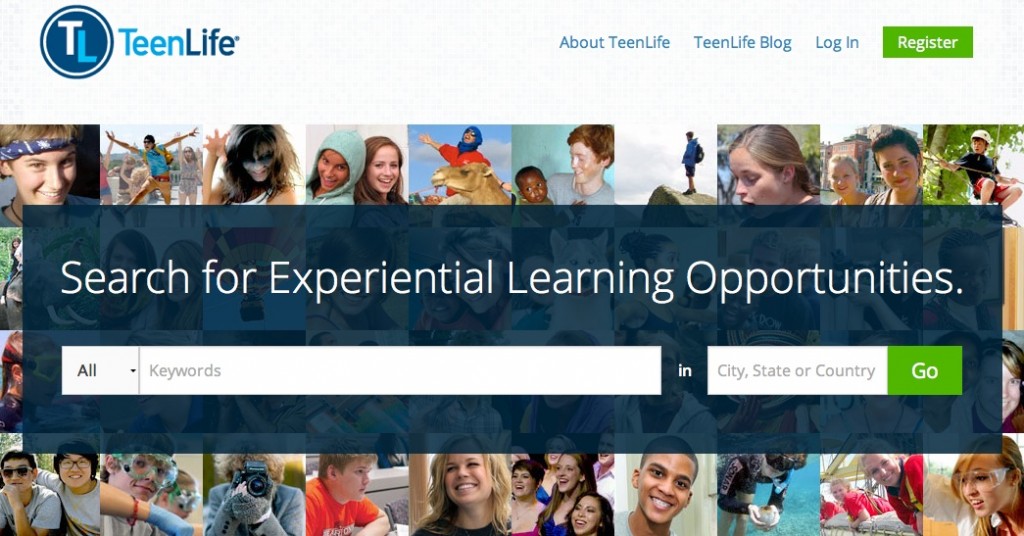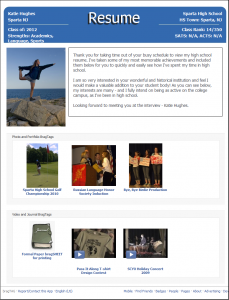 When it comes to extracurricular activities, it requires some careful thought and exploration from your student. Picking a volunteer activity is more than just pulling a name out of a hat. The number one criteria for choosing an extracurricular is: pick something that interests you AND stick with it. Of course, there are the obvious: hospitals, local charities, beach clean-up, etc. But what if your teen isn’t interested in any of these options?
When it comes to extracurricular activities, it requires some careful thought and exploration from your student. Picking a volunteer activity is more than just pulling a name out of a hat. The number one criteria for choosing an extracurricular is: pick something that interests you AND stick with it. Of course, there are the obvious: hospitals, local charities, beach clean-up, etc. But what if your teen isn’t interested in any of these options?
Where do you go to find some unknown volunteer opportunities? Here’s a good list of sites that might help you find the best volunteer fit for your college-bound teen:
Hands On Network: With 250 action centers around the country, it’s easy to connect and get started with a volunteer opportunity that fits your schedule and location. Plus, they’ll occasionally partner with corporations like Disney to offer special incentives for volunteering.
Do Something: Focused more on teen activism and engagement with causes, their site offers “Virtual Volunteer” opportunities so you can take action without leaving your couch!
US Department of Housing and Urban Development (HUD): Interested in volunteering in our National Parks? For the Smithsonian? Start here. You’ll find a host of ways to volunteer alongside existing government programs. The HUD site also lists opportunities to provide technology access and job training to those who need it on a volunteer basis.
VolunteerMatch: One of the largest online databases for volunteering, where over 71,000 nonprofits have listed local and regional events and projects.
Go Abroad: Want to volunteer on vacation? Fulfill your travel bug and your need to do good at the same time by applying for one of the nearly 6,000 “Volunteer Abroad” opportunities from more than 1,300 organizations around the world.
iParticipate: Follow the stars. Literally. The Entertainment Industry Foundation launched this project with Ashton Kutcher, Mayor Michael Bloomberg, Katie Couric (and many others) in a campaign designed to encourage Americans to consider volunteering as an integral part of our national identity.
Serve.Gov: One year old today, this site and associated initiatives were created by the Serve America Act. One of its purposes is to help Americans get back to work by building skills and connections through volunteer opportunities.
Need more ideas? Here’s an article I wrote for TeenLife: 10 Community Service Ideas for College Bound Teens.
Every college expert will tell you that volunteering is an integral part of the high school resume. But remember…one day here and there does not a volunteer make! Consistency over the course of your teen’s high school career shows a level of commitment to the cause and a willingness to give back.
Read Wendy’s post:Pick a Club, But Not Any Club
____________________________________
Wednesday’s child may be full of woe but Wednesday’s Parent can substitute action for anxiety. Each Wednesday Wendy and I will provide parent tips to get and keep your student on the college track. It’s never too late or too early to start!
The bonus is on the fourth Wednesday of each month when Wendy and I will host Twitter chat #CampusChat at 9pm ET/6pm PT. We will feature an expert on a topic of interest for parents of the college-bound.
Wednesday’s Parent will give twice the info and double the blog posts on critical parenting issues by clicking on the link at the end of the article from parentingforcollege to pocsmom.com and vice versa.










